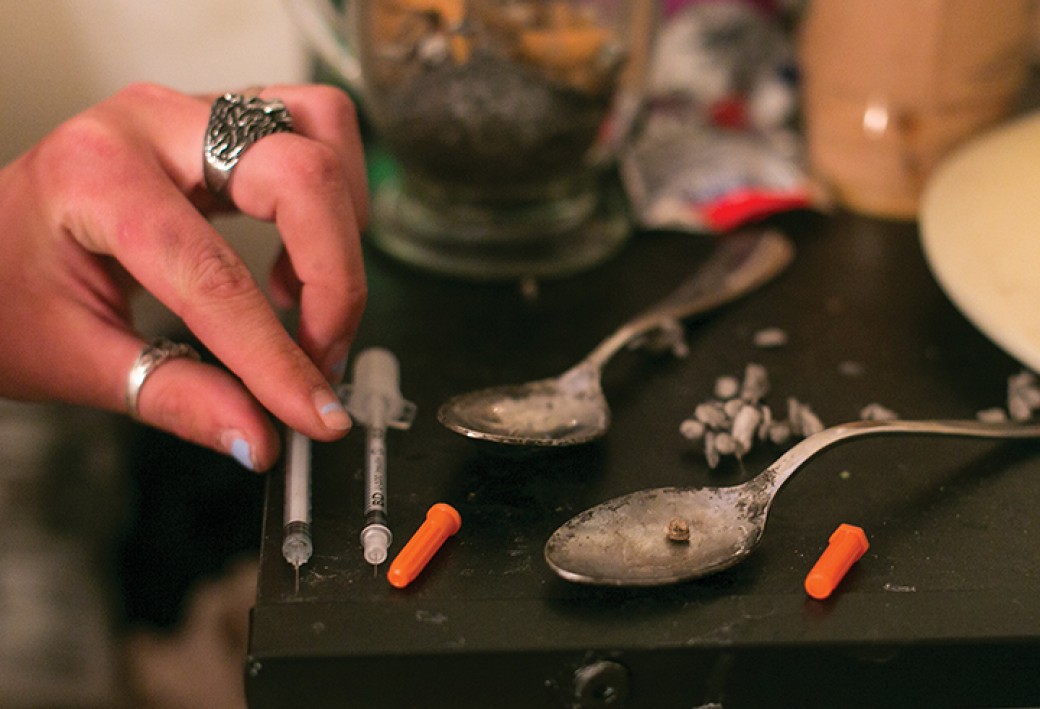Last week, the United Nations General Assembly held a three-day conference to discuss international drug policy. The commission made the recommendation that countries focus more on public health policy and treatment rather than criminal justice. This is a huge step away from the 1998 session which emphasized prohibition, one that is being made by many countries who have noticed an increase in violence, disease and overdose rather than a “drug-free world.”
Last month, Johns Hopkins-Lancet Commission on Drug Policy and Health published a report written by many leading drug policy experts. The report addressed “prohibition-based” policies, stating, “They are portrayed by policy makers to be necessary to preserve public health and safety, and yet they directly and indirectly contribute to lethal violence, disease, discrimination, forced displacement, injustice, and the undermining of people’s right to health.”
While many countries, such as Indonesia and China still champion punishment over treatment, several nations, such as Portugal, have experimented with decriminalization with some success. In Portugal, drug-induced deaths have shown significant declines with the help of public health policy. However, many countries experienced a backlash when they did the same.
The United States is slowly recognizing the need for drug policy reform. Many lawmakers recognize the need to reform federal mandatory minimum sentencing laws. Recreational use of marijuana is legal in four states and medical marijuana use has been legalized in nearly half. With the significant rise in opioid deaths in recent years, many lawmakers are calling for reform.
In Ithaca, New York, the rate of heroin overdoses has become such a problem that Mayor Svante Myrick is calling it a state of emergency. In February, he put forth a four-part plan to combat the issue. It emphasizes treatment, education, community and economic development and justice reform. A specific aspect of the plan is receiving immense attention: It calls for a facility where addicts can legally inject drugs under supervision. The goal is to prevent overdoses and supply clean needles to reduce the spread of HIV and AIDS.
Though many see this as lawmakers sanctioning drug use, I think this is a step in the right direction. Though decriminalization would be drastic and has the potential to be enacted haphazardly, the need for federal regulation is obvious. If drugs were in the hands of the government instead of the black market, lacing would be eliminated, violence would be reduced and treatment would be more readily provided.
Emily Shwake is a senior English major. She can be reached at eshwakedbk@gmail.com.



